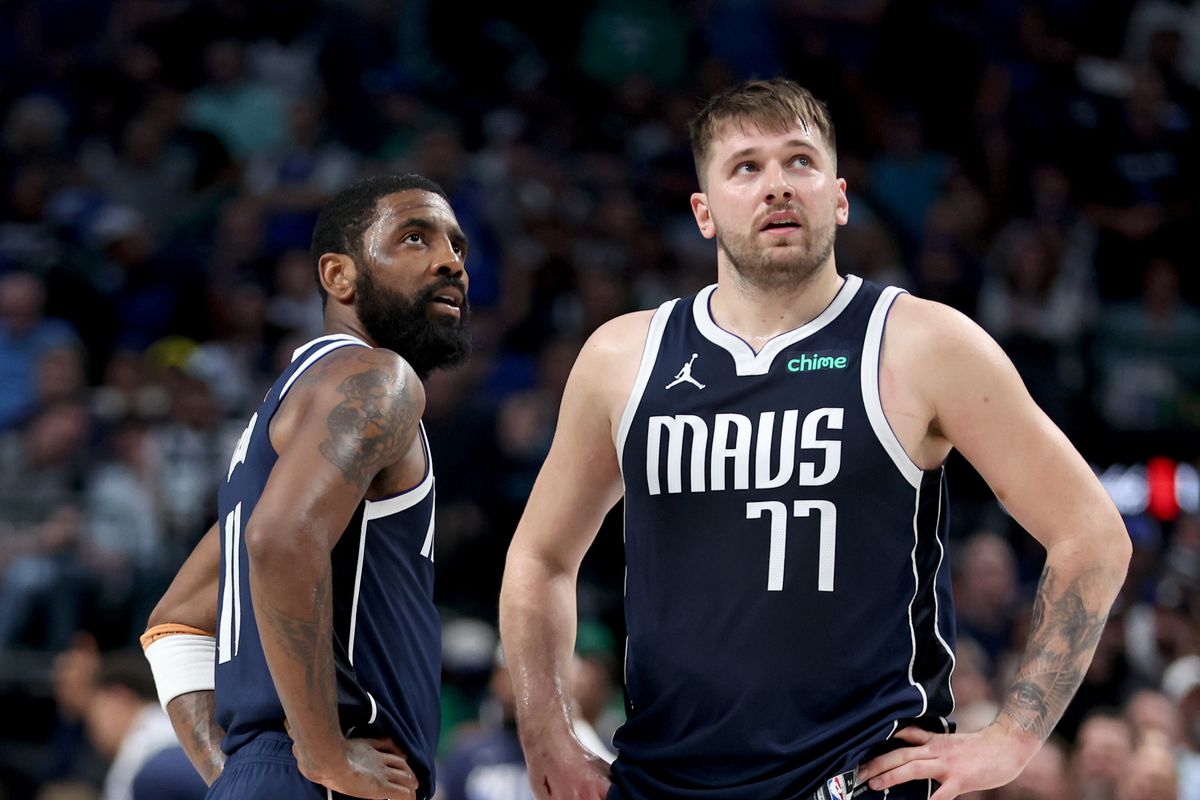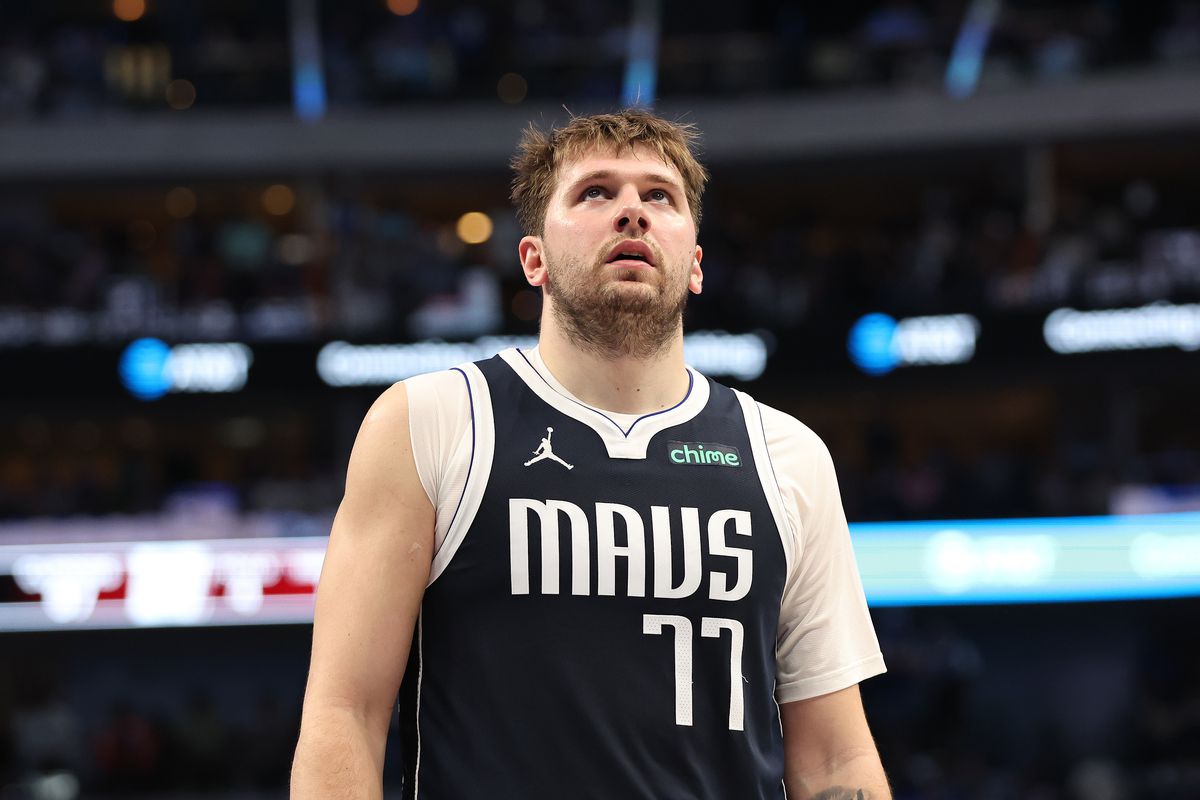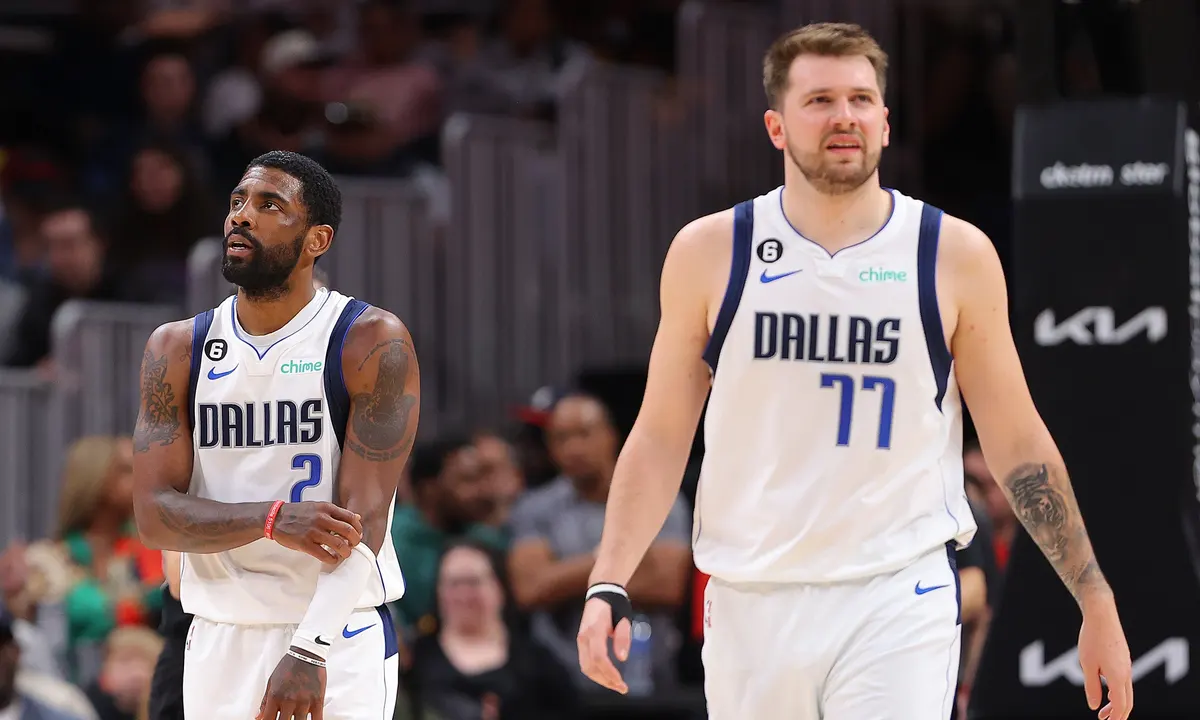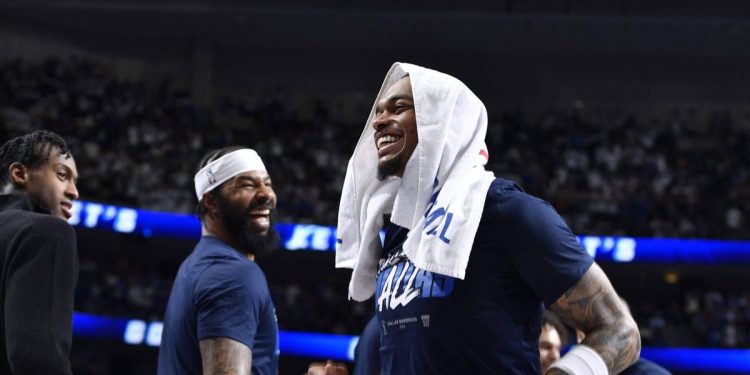In the thrilling world of NBA playoffs, every game tells a story of strategy, skill, and sometimes, sheer will. The Dallas Mavericks, traditionally seen as a one-man show centered around the dazzling Luka Dončić, are rewriting their narrative this postseason. The spotlight shone brightly on the Dallas Mavericks’ collective effort in their recent clash against the Oklahoma City Thunder, proving that Dallas has depth that extends far beyond their Slovenian superstar.

A Strategic Pivot in the Playoffs
During the nerve-wracking fourth quarter of Game 3, the Thunder deployed a tactic famously known as hack-a-Shaq, targeting Dallas Mavericks’ center Dereck Lively II, a rookie with a free-throw shooting accuracy of just 50%. The strategy was clear: exploit Lively’s weakness at the line to regain control of the game.
However, this move backfired spectacularly, highlighting not only Lively’s resilience but also the strategic acumen of Dallas Mavericks’ coach, Jason Kidd.
Kidd, understanding the pressure on his young center, gave Lively a brief respite to gather himself. “I wanted him to just have a chance to catch his breath,” Kidd remarked, underlining his confidence in Lively’s abilities and mental fortitude. This short break proved pivotal as Lively returned to sink crucial free throws, contributing significantly to the Dallas Mavericks’ narrow 105-101 victory.
Después de la victoria de los Dallas Mavericks la emoción fue tanta que al parecer algún compañero de Luka Doncic se fue a TIEMPO EXTRA y estaba matando a su oponente 1 contra 1.
La cara de Luka lo dice todo 😂
— ZZ_ (@Zinedine24_) May 10, 2024
Team Effort Overrides Individual Brilliance
While Lively’s free throws were a focal point, the win was a product of a collective effort, showcasing strategic diversity and adaptive gameplay. “We’re not built on one guy,” stated Kidd, emphasizing a team-oriented approach. This philosophy was evident as each player brought something unique to the court, deviating from their usual reliance on Luka Dončić, who has been battling a knee sprain.
Kyrie Irving, the team’s emotional leader, played a crucial role not only in scoring but in mentoring younger players like Lively. “You don’t have to do all that,” Irving advised Lively during the game, encouraging him to embrace the challenges and view them as compliments. This blend of veteran wisdom and youthful energy is shaping a new Mavericks ethos.

Unconventional Heroes Rise to the Occasion
The game also spotlighted players like P.J. Washington and Derrick Jones Jr., who stepped up to alter the dynamics of the game. Washington, after a stellar performance in Game 2, continued to exploit the Thunder’s defensive gaps, adjusting his game to maximize his scoring opportunities. Jones Jr.’s defense against Thunder’s key players was another highlight, demonstrating Dallas’ tactical flexibility.
The Mavericks’ ability to adapt and overcome adversity was further underscored by their rebounding strategy, which capitalized on the Thunder’s weaknesses. The team’s collective rebounding effort, leading to more offensive opportunities, was a critical factor in their victory.

Beyond Luka Dončić: A New Era for the Mavericks
As the Mavericks prepare for the rest of the series, the narrative shifts from Luka Dončić’s solo performances to a more unified team approach. “He used his voice very well tonight,” Irving noted about Dončić, highlighting his leadership off the score sheet.
This evolution marks a significant transition for the Mavericks, from a team heavily reliant on one superstar to a cohesive unit where each player is empowered to impact the game profoundly.
The Dallas Mavericks, once viewed as a one-dimensional team, are proving that they have the depth, strategy, and heart to compete at the highest levels. As they continue their journey in the playoffs, the message is clear: it’s not just on Luka Dončić; it’s on all of them.
This shift not only enhances their current playoff run but also sets a promising tone for the future, signaling the dawn of a new era in Dallas basketball.










